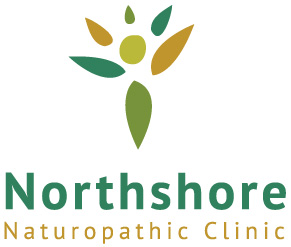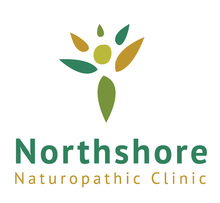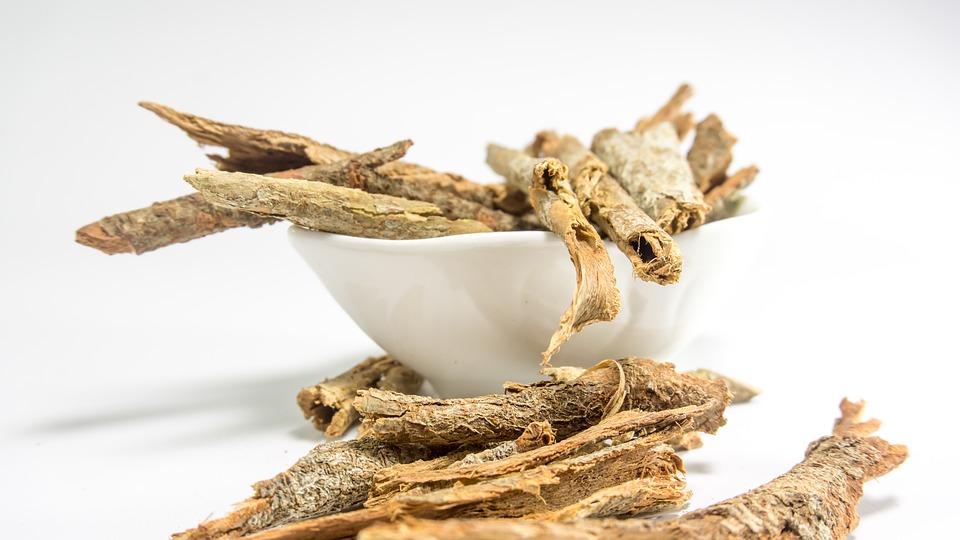By Irene Hayton
Dr. Matsen recommends that his patients include high-quality, unprocessed sea salt in their diet and many of the recipes on this website call for it as well.
Commercial table salt should be avoided—it is bleached, refined, and contains additives that allow the salt to flow freely. The beneficial trace minerals have been removed so that it’s basically just sodium chloride.
It’s important to note that all sea salts are not the same. Like ordinary table salt, some of them have had the valuable buffering minerals removed and many may contain toxins or contaminants due to industrialization/pollution in the area from which they are harvested.
The sea salt that we now use and recommend at the Northshore Naturopathic Clinic is Tropical Caribbean Sea SaltsTM. This natural, unprocessed, unrefined sea salt is from the crystal clear waters in the Grand Saline area of the Caribbean Sea. Boats in this area are propelled only by oars and sails so that the waters are free of petroleum. The seawater is channeled into a series of pristine man-made salt ponds where it is dried only by the hot sun and the wind. It’s then hand-harvested by expert salt farmers with wooden hand tools.
This method of harvesting ensures that the naturally high mineral content is not lost; analysis results have indicated a good balance of essential trace elements. Tropical Caribbean Sea SaltsTM products have been thoroughly tested and no contaminants or toxins were found.
For more information on the importance of including natural, unprocessed sea salt in your diet, see Eating Alive II and Dr. Matsen’s Monthly Comment for June 2005 titled “Sea Salt as a Mineral Supplement.”



